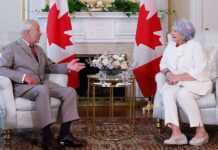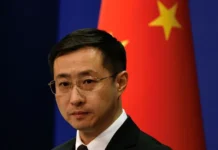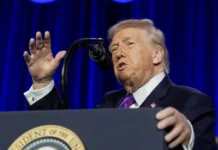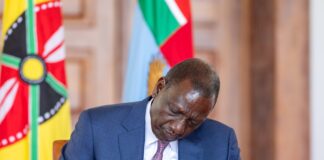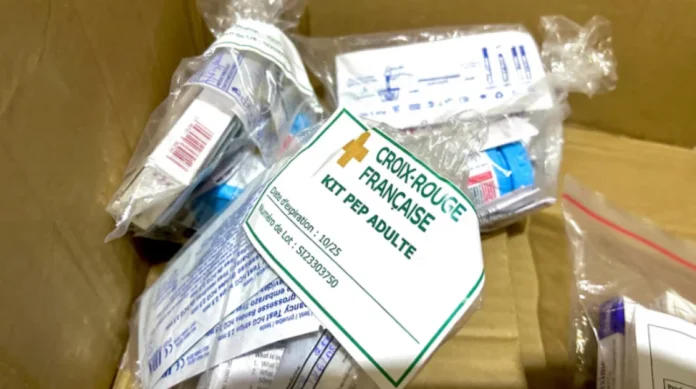
The administration of former U.S. President Donald Trump cancelled a critical humanitarian contract to supply emergency post-rape kits to eastern Democratic Republic of Congo just as violence surged in the region, leaving thousands of sexual assault survivors without life-saving medication, the United Nations and aid agencies have confirmed.
The kits, which include HIV prevention drugs, antibiotics, and emergency contraception, were meant to resupply more than 2,000 health facilities throughout Congo’s conflict-ravaged eastern provinces. The U.S. Agency for International Development (USAID) contract was abruptly cancelled in January as M23 rebels, reportedly backed by Rwanda, swept through the region, capturing major cities and triggering a surge in sexual violence.
The United Nations Population Fund (UNFPA) estimates that since the start of the year, over 67,000 rapes have been recorded, many more are believed to be unreported. The consequences of the funding disruption have been severe: only 13% of survivors now receive HIV-prevention medication within the crucial 72-hour window, and most health zones in North Kivu have run out of supplies entirely.
“When USAID decided to terminate the large funding they had for this American NGO, this American NGO immediately stopped all activities. The pipeline got disrupted at a very unfortunate time,” said Noemi Dalmonte, UNFPA’s deputy representative in Kinshasa.
The cancellation followed a 90-day freeze on foreign aid ordered by Trump after taking office in January, during which time USAID contracts, including the one for the post-rape kits, were reviewed and halted. Billionaire Elon Musk, who briefly led a government efficiency task force, also reportedly advised shuttering aspects of the agency.
A document shared by UNFPA shows that only seven of 34 health zones in North Kivu currently have any supply of the kits. In field interviews conducted by Reuters in South Kivu, healthcare workers described the devastating emotional toll of turning away victims due to lack of resources.
“You never forget standing in front of that person and telling them that you don’t have any medicine, that you don’t know how to help them, and asking them to leave,” one anonymous health worker said.
The impact of the cancellation is wide-reaching. Aid groups warn of a growing public health crisis involving HIV transmission, unwanted pregnancies, unsafe abortions, and increased maternal mortality.
“This kit is truly important to reassure the woman who has been really traumatized that she won’t get AIDS, that she won’t have an unwanted pregnancy,” said Amadou Bocoum, country director for CARE International.
Despite promises from the U.S. State Department to maintain support for global life-saving programs, the contract has not been reinstated. The U.S. disbursed $65 billion in foreign aid last year, nearly half via USAID, but Trump has maintained that the U.S. carries too much of the global burden.
In response to the funding gap, the UN and humanitarian groups are now seeking $35 million in emergency support from alternative donors, including the Gates Foundation and Western nations.
Until new funding is secured, tens of thousands of survivors of sexual violence in Congo remain without access to the essential care they desperately need.
Written By Rodney Mbua










